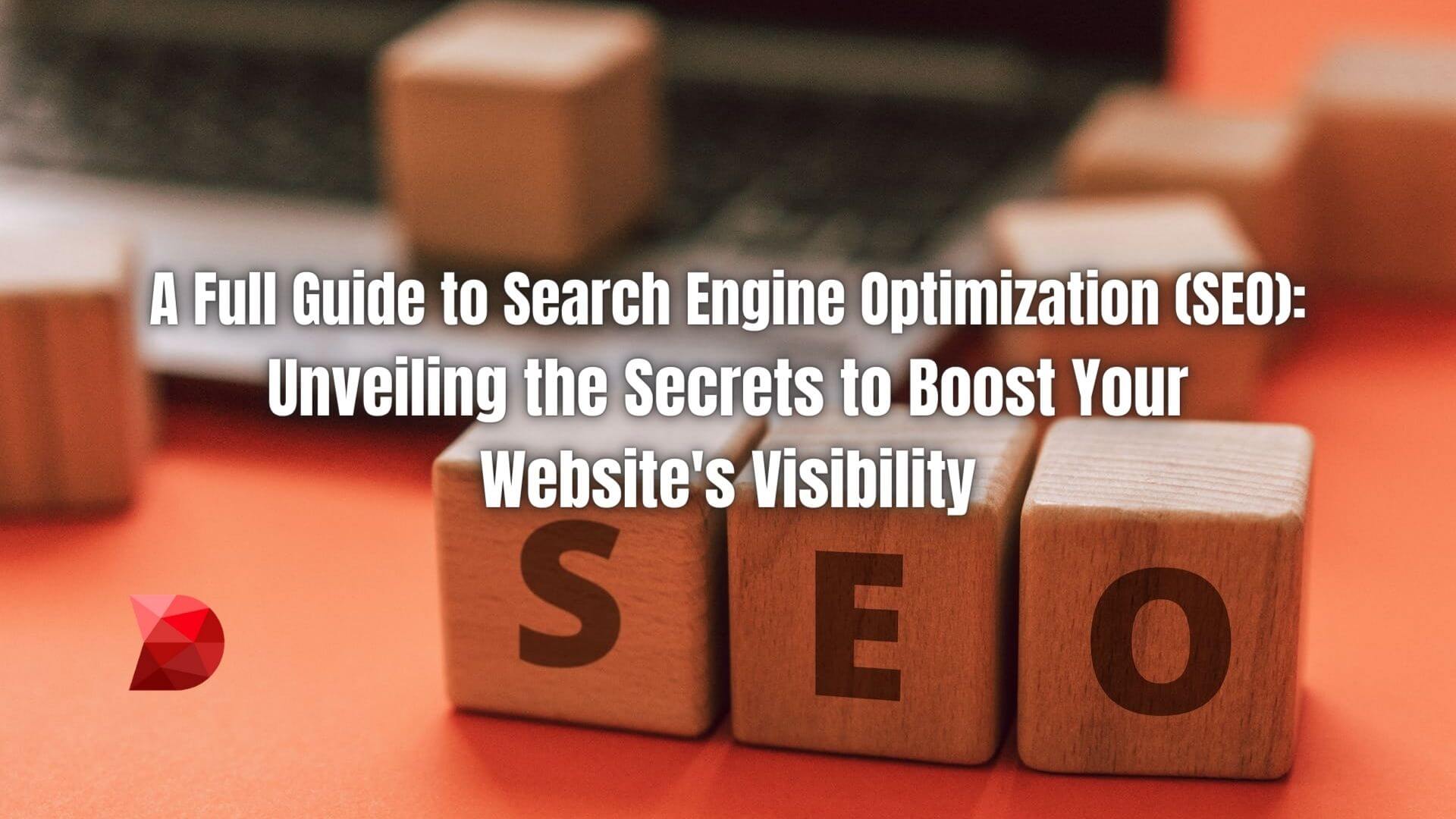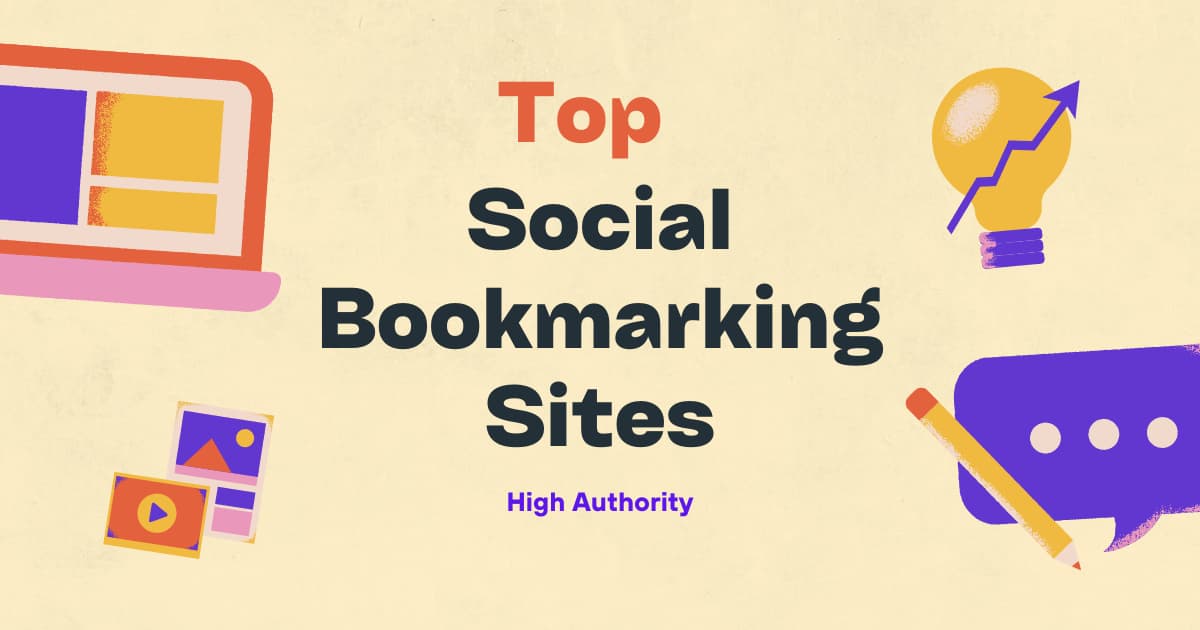To learn SEO, study courses and guides, practice hands-on, and follow reputable SEO blogs. Learning SEO is essential for anyone wanting to improve their online visibility and drive traffic to their website.
By understanding search engine algorithms, keyword research, on-page optimization, and link building strategies, individuals can enhance their digital marketing skills and boost their website’s rankings. With a combination of theoretical knowledge and practical application, mastering SEO techniques can significantly impact an online presence and help businesses thrive in the competitive digital landscape.
Embracing continuous learning and staying updated with the latest SEO trends will ensure long-term success in achieving optimal search engine results.

Credit: rockcontent.com
2. Getting Started With Seo
When it comes to learning SEO, getting started can feel overwhelming. However, with the right approach and a clear understanding of the basics, anyone can become proficient in search engine optimization. In this section, we will cover the essential steps you need to take to begin your journey into the world of SEO.
2.1 Setting Goals For Seo
Before diving into SEO techniques, it is crucial to set clear goals for your optimization efforts. Without specific objectives in mind, it will be challenging to measure your success or determine which strategies are working effectively. Consider the following when setting your SEO goals:
- Identify the target audience you want to attract through SEO.
- Define the key performance indicators (KPIs) that align with your overall business objectives.
- Establish realistic and measurable goals for search engine rankings, organic traffic, and conversions.
By setting well-defined goals, you can focus your efforts on relevant areas and track your progress effectively.
2.2 Understanding Search Engines
To optimize your website for search engines, it is essential to understand how they work. Search engines use complex algorithms to analyze and rank web pages based on various factors. Some key aspects to grasp include:
- Search engine crawlers that browse the web and collect information about websites.
- The importance of relevant keywords and content quality in search engine rankings.
- The significance of backlinks from authoritative websites in improving your website’s visibility.
By comprehending the core elements of search engines, you can tailor your SEO strategies to align with their algorithms and improve your website’s performance in search results.
2.3 Keyword Research
Keyword research is an integral part of successful SEO. It involves identifying the search terms and phrases that your target audience is using to find products, services, or information related to your website. Proper keyword research helps you:
- Understand the demand for specific keywords and prioritize your optimization efforts.
- Discover long-tail keywords that have less competition but still yield valuable organic traffic.
- Create relevant and engaging content that resonates with your audience.
To perform effective keyword research, utilize keyword research tools, analyze competitor websites, and stay updated with the latest trends in your industry.
By mastering these fundamental aspects of SEO, you will be well-equipped to optimize your website and achieve improved search engine rankings. In the next section, we will explore advanced SEO techniques that will further elevate your optimization game.

Credit: www.brandignity.com
3. On-page Seo Techniques
To learn SEO, it’s essential to master on-page techniques, including optimizing meta tags, creating high-quality content, and improving website speed and user experience. Learning these strategies can help improve website ranking and visibility in search engine results.
Now, let’s dive into some key strategies that will help you enhance your website’s on-page SEO performance.
3.1 Optimizing Title Tags
Ensure title tags are relevant to your content and contain primary keywords.
3.2 Writing Compelling Meta Descriptions
Create enticing meta descriptions that encourage clicks with clear messaging.
3.3 Utilizing Proper Heading Structure
Use H1, H2, H3 tags hierarchically to organize content and improve readability.
3.4 Creating Seo-friendly Urls
Opt for short, descriptive URLs that include target keywords for better visibility.
3.5 Optimizing Image Alt Text
Add descriptive alt text to images to improve accessibility and keyword relevance.
4. Off-page Seo Techniques
4. Off-Page SEO Techniques
4.1 Building High-quality Backlinks
Quality backlinks from authoritative websites can significantly boost your website’s ranking in search results. Seek out opportunities to earn backlinks from reputable sources within your industry. Build a diverse backlink profile to demonstrate credibility to search engines.
4.2 Social Media Engagement For Seo
Engage with your audience across various social media platforms to amplify your brand’s online presence. Utilize social media signals to drive traffic and increase your site’s visibility on search engines. Optimize your social media content to align with your SEO strategy for maximum impact.
4.3 Guest Blogging
Guest blogging on relevant websites offers a valuable opportunity to showcase your expertise and reach a broader audience. By providing high-quality content on authoritative platforms, you can establish your brand as a credible source of information in your niche, while also earning backlinks to your website.
4.4 Influencer Outreach
Collaborating with industry influencers can elevate your brand’s visibility and credibility. Leverage influencer partnerships to gain exposure to a wider audience and generate backlinks from reputable sources. Engaging with influencers can also enhance your brand’s reputation and authority.

Credit: www.thehoth.com
5. Technical Seo
When delving into the world of technical SEO, it’s crucial to optimize various aspects of your website that directly impact its performance and user experience. By focusing on site speed, mobile friendliness, XML sitemaps, robots.txt, and schema markup, you can ensure that your website is not only search engine-friendly but also provides a seamless experience for visitors.
5.1 Site Speed Optimization
Site speed plays a crucial role in SEO as it directly impacts user experience and search engine ranking. Improving your site’s speed involves optimizing images, leveraging browser caching, and minimizing HTTP requests. It’s essential to keep your website loading time under 3 seconds for optimal results.
5.2 Mobile Friendliness
With the increasing use of mobile devices for browsing the internet, mobile friendliness has become a critical factor for SEO. Ensure that your website is responsive and offers a seamless experience across various devices and screen sizes. This can have a significant impact on your search engine rankings.
5.3 Xml Sitemaps And Robots.txt
XML sitemaps make it easier for search engines to discover and index your website’s content, leading to improved visibility in search results. Additionally, a well-structured robots.txt file helps in controlling the access of search engine crawlers to specific parts of your website, thereby influencing its indexing and ranking.
5.4 Schema Markup
Implementing schema markup can enhance your website’s search engine visibility by providing rich snippets that offer additional context about your content in search results. This structured data can help search engines understand the content on your website more effectively, leading to improved rankings.
6. Monitoring And Analytics
` Monitoring and Analytics play a crucial role in the success of SEO efforts. By effectively tracking and analyzing data, you can fine-tune your strategies and ensure optimal performance. Here are key aspects of monitoring and analytics when learning SEO: `
6.1 Setting Up Google Analytics
6.2 Monitoring Keyword Rankings
6.3 Analyzing Website Traffic
6.4 Identifying Seo Opportunities
7. Staying Updated With Seo
7. Staying Updated with SEO
One of the best ways to stay up to date with the latest SEO trends and strategies is by following SEO industry blogs. These blogs are written by experts in the field who share their insights, tips, and advice on all things SEO. By regularly reading these blogs, you can stay informed about the latest algorithm updates, best practices, and emerging trends that could impact your website’s search engine rankings. Here are some popular SEO industry blogs worth following:
- Search Engine Journal – Focuses on SEO news, tips, and best practices to help you optimize your website for search engines.
- Moz Blog – Offers a wealth of SEO resources, including in-depth articles, guides, and tools to improve your search visibility.
- Search Engine Land – Covers the latest news and updates from the world of search engines, with a particular focus on SEO and SEM.
- Backlinko – Brian Dean’s blog, known for its practical and actionable SEO advice.
In addition to following SEO industry blogs, subscribing to SEO newsletters is another effective way to stay updated with SEO. These newsletters are usually sent directly to your email inbox and contain curated information, industry updates, and valuable insights from SEO experts. By subscribing to these newsletters, you can receive regular updates on the latest SEO trends, algorithm changes, and other relevant news. Here are some popular SEO newsletters to consider:
- SEMRush – Provides a weekly newsletter with SEO news, tips, and case studies.
- Search Engine Watch – Offers a monthly newsletter covering the latest SEO trends and strategies.
- Google Webmaster Central Blog – Delivers updates directly from Google about algorithm changes, best practices, and webmaster guidelines.
If you’re looking for a more interactive way to stay updated with SEO, attending SEO conferences and webinars can be incredibly beneficial. These events bring together industry experts, professionals, and enthusiasts to discuss the latest trends and strategies in SEO. By attending these conferences and webinars, you can gain valuable insights, network with like-minded individuals, and stay ahead of the curve. Some popular SEO conferences and webinars include:
| Conference/Webinar | Date |
|---|---|
| SMX Conference | Next event: TBA |
| BrightonSEO | Next event: TBA |
| SEMrush Webinars | Ongoing |
Attending these events can provide you with the opportunity to learn from industry leaders, ask questions, and gain practical knowledge that you can apply to your own SEO efforts.
8. Putting Theory Into Practice
Now that you have learned the fundamentals of SEO, it’s time to put your knowledge into practice. In this section, we will discuss how you can create a solid SEO strategy, implement various SEO techniques, and analyze the results to make necessary adjustments.
8.1 Creating An Seo Strategy
Creating a well-defined SEO strategy is crucial to achieve your desired results. Here’s a step-by-step guide to help you get started:
- Identify your goals: Clearly define what you want to achieve with your SEO efforts. Whether it’s improving organic traffic, increasing conversions, or boosting your website’s visibility, having specific goals will guide your strategy.
- Research your target audience: Understand your target audience’s preferences, demographics, and online behaviors. This information will help you create content and optimize your website to meet their needs.
- Perform keyword research: Identify the keywords and phrases relevant to your business and industry. Use tools like Google Keyword Planner to find keywords with a good search volume and low competition.
- Optimize your website: Ensure your website is user-friendly, mobile-friendly, and optimized for search engines. Optimize page titles, meta descriptions, headings, and URLs using your target keywords.
- Create high-quality content: Develop informative and engaging content that provides value to your audience. Incorporate your target keywords naturally and format your content for easy readability.
- Build quality backlinks: Focus on acquiring backlinks from authoritative and relevant websites. Guest blogging, influencer outreach, and social media promotion can help you build a strong backlink profile.
- Maintain on-page SEO: Regularly update and optimize your website’s content, titles, and headings. Use internal linking to improve the overall structure and navigation of your website.
8.2 Implementing Seo Techniques
Implementing the right SEO techniques will help your website rank higher in search engine results. Consider the following strategies:
- Optimize your website’s speed: Minimize loading times by compressing images, enabling browser caching, and using a content delivery network (CDN).
- Improve your website’s mobile responsiveness: With the majority of users browsing on mobile devices, it’s crucial to have a mobile-friendly website that provides a seamless user experience.
- Create compelling meta tags: Craft enticing meta titles and descriptions that accurately represent your content and encourage users to click through to your website.
- Utilize structured data: Implement structured data markup to provide search engines with more information about your website’s content. This can enhance the visibility of your website in search results.
- Optimize images: Use descriptive filenames and alt tags for your images to help search engines understand what your images depict. Compress images to reduce file sizes without compromising quality.
- Utilize header tags: Use header tags (H1, H2, H3, etc.) to structure your content and make it easier for search engines to understand the hierarchy and relevance of your headings.
- Build internal links: Link relevant pages within your website to improve navigation and help search engines discover and understand your content.
8.3 Analyzing Results And Making Adjustments
Regularly analyzing your SEO efforts is essential to evaluate your progress and make necessary adjustments. Here are some key steps to consider:
- Monitor your website’s performance: Use tools like Google Analytics to track important metrics such as organic traffic, keyword rankings, bounce rate, and conversion rates.
- Analyze user behavior: Study user engagement data to identify patterns and understand how users interact with your website. This information can help you optimize your content and improve user experience.
- Review keyword performance: Regularly check how your target keywords are performing in search engine results. If certain keywords are not generating the desired results, consider adjusting your strategy.
- Stay updated with algorithm changes: Keep up to date with search engine algorithm updates to ensure your SEO techniques align with the latest best practices.
- Adapt and experiment: Be open to making changes and experimenting with different SEO strategies. Test new techniques and analyze the results to find what works best for your website.
Frequently Asked Questions On How To Learn Seo
How Can I Teach Myself Seo?
To teach yourself SEO, study online resources, attend webinars, and practice implementing strategies on your own website. Keep up with industry updates and test different tactics to see what works best. Join SEO communities for support and guidance.
Is Seo Easy To Learn?
Learning SEO requires effort, dedication, and continuous learning. Though it may seem challenging at first, with the right resources and guidance, anyone can grasp the basics and improve their skills over time. Practice and staying updated are key to mastering SEO techniques.
How Long Will It Take To Learn Seo?
It varies; learning SEO depends on factors like prior knowledge and time commitment. It may take a few weeks to grasp the basics, but becoming proficient could take several months or more. Continuous learning and staying updated are essential due to the ever-evolving nature of SEO.
How Do I Start Basic Seo?
To start basic SEO, focus on keyword research, website optimization, and creating high-quality content. Ensure your website is mobile-friendly, optimize page speed, and improve user experience. Use meta tags, headings, and internal linking effectively, and obtain backlinks from reputable sources.
Regularly monitor and analyze your website’s performance.
Conclusion
To sum up, mastering SEO requires continuous learning and adaptation. Remember, quality content is key. Stay updated on industry trends and algorithms. Implement SEO strategies consistently to see results. Practice, patience, and perseverance will lead you to SEO success. Keep refining your skills and stay ahead in the digital game.




